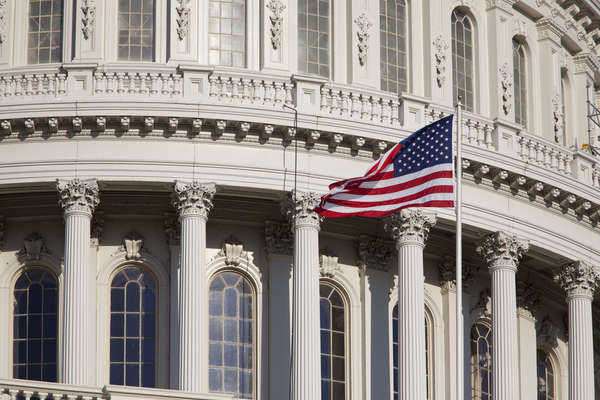What Can the Federal Government Do with March In Rights
March-in rights give the federal government the right to grant other entities licenses or give a license to themselves if they aided the owner of a patent with funding. They will not use their march-in rights unless there is a threat to public safety that the owner of the patent is not equipped to handle. The government is allowed to grant a patent license to the owners own competitors if the government feel it is necessary to do so.
Aside from public safety issues, the government can grant licenses to patents they helped fund if the small business or non-profit they helped fund has not taken practical steps required to carry out the patent. If the patent is not suitable for public use after having received funding from the government, the government can take away the exclusive rights belonging to the patent holder.
An individual who is looking to patent an item but does not want to deal with the possibility of march-in rights has to be sure of a few things in order to avoid being subject to march-in rights. An inventor should consider if their patent could somehow be used to counter a bio-terrorism threat.

If the government is likely to use a patent to combat some type of terrorism, an inventor may want to reconsider patenting an item that the government may apply their march-in rights to. Inventors should also consider if their patent could be used to make terrorist threats even if they do not plan to do so.
Avoiding the use of government funding is also a good way to avoid march-in rights. A potential patent holder could seek funding from another source or find another organization to grant licensing to in order to avoid march-in rights.
If government funding is used and there is a chance march-in rights will be applied, an argument against march-in rights should be thought out before the time comes. If march-in rights are used by the government they are required to pay royalties to the patent holder. This is a form a patent protection that not even the federal government can just take away.
The likelihood of march-in rights being exercised by the government is small. March-in rights, to this date, have never been used by the government. However, with technology and terrorism on the rise, the chances that patents could either prevent a terrorist attack or aid one are increasing.
Since the government has established march-in rights they likely intend to use them one day. It is difficult to argue against the government's right to use march-in rights since the main idea behind them is public health and safety.